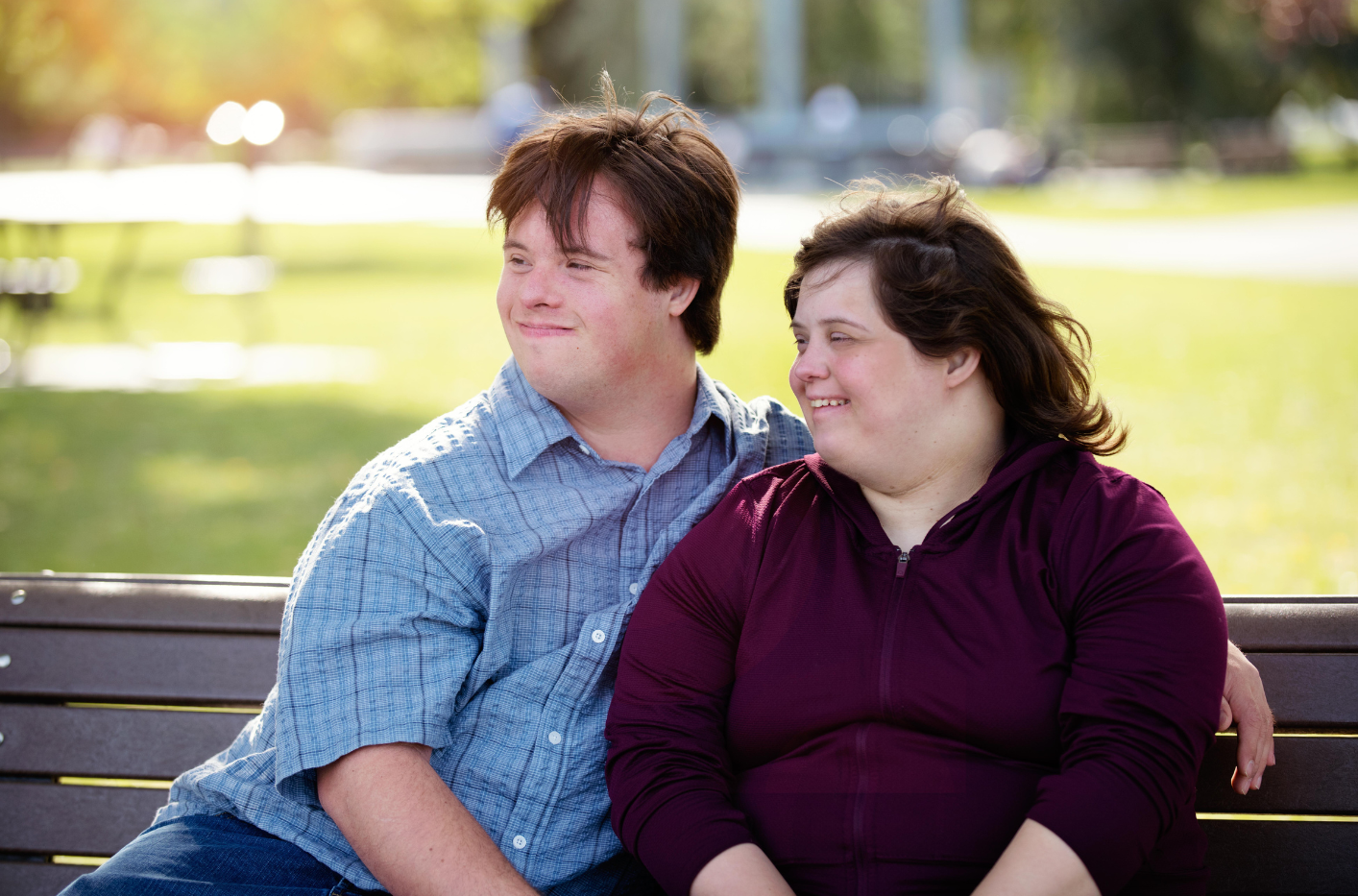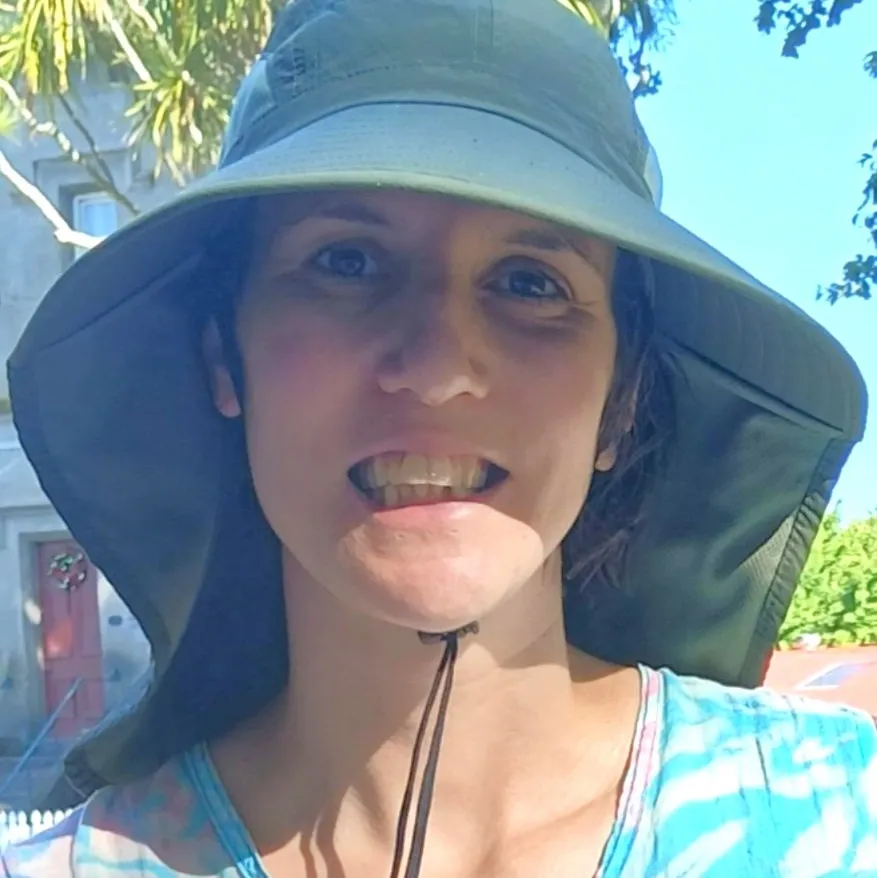
My teenager wants a boyfriend/girlfriend - what can I do?
For many people, their teen years are when they develop crushes, go on dates, experiment with sex, experience heartbreak, and then move on to the next infatuation.
For parents, it can be hard to watch this play out, and wanting to protect your child from this is a natural instinct – especially if your child is disabled or neurodivergent.
But teens with disabilities have the same right to these experiences as everyone else and it’s important to respect their desire to become romantic and sexual beings.
Why socialising is important
Our teenage years are when we learn relationship skills that serve us for the rest of our lives. Relationships, both romantic and non-sexual, teach us to be empathetic and caring. It’s how we learn negotiation skills, to be assertive, to be true to ourselves, and the benefits of intimacy and connection. Supporting your child to develop these skills is crucial.
However, it’s not uncommon for disabled and neurodivergent teens to be socially isolated, which makes it hard for them to form relationships. This is where they may need your support the most. Do your best to get them to dances, sporting and community events, to join interest groups and possibly even consider online dating if they're over 18.
8 things parents can do...
- If your child hasn’t mentioned any crushes or love interests, you may need to start the conversation. Maybe they’re shy, embarrassed or think you won’t approve. They may even be confused about exploring their sexual identity. Let them know they’ve got your support, and that you’re interested in whatever they want to tell you, without judgement or criticism. If your teenager hasn’t shown any interest in developing romantic interests, think about whether you may have inadvertently given them the message that these types of relationships are not for them.
- Explain the social rules around sex and dating. They should know about boundaries – good and bad touching, consensual sex, interpersonal space, and the difference between a friendly relationship and a romantic one.
- Teach them about the stepping stones of a relationship from initial attraction, to asking someone out, getting to know them and gradually developing intimacy.
- Help them with the more subtle aspects of dating and relating – reading other people’s body language, understanding and respecting other people’s emotions and responses.
- Answer any questions they have about their own developing bodies and sexuality. Make sure they know about contraception and how to prevent sexually transmitted infections or diseases. Knowing about good hygiene and self-care is also important.
- Consider asking some of their peers or family members to role-play how they might behave in certain situations. For example, how they could respond in an argument with a partner, how to ask someone out on a date.
- Help them to identify and cope with feelings that may seem overwhelming such as hurt and anger when a relationship ends, or when they feel unhappy or trapped in a relationship.
- Build their self-esteem. Allow them to make their own choices to increase their autonomy and to express their own personal tastes and preferences.
Learn more
For more information, check out the resources and links to other articles below.
You may also want to check out ‘Why are you so obsessed with my sex life?’ – an episode from the podcast Dating, Relationships and Disability, produced by Auckland-based disability advocates Olivia Shivas and Rebecca Duder: WWWY Episode 4: Dating transcript
Alternatively, you can contact the IHC Library to have a chat about what other resources you need on 0800 442 442 or email Librarian@ihc.org.nz
Helpful materials
A variety of resources offering guidance on sexuality, relationships, and puberty for individuals with intellectual and developmental disabilities.


